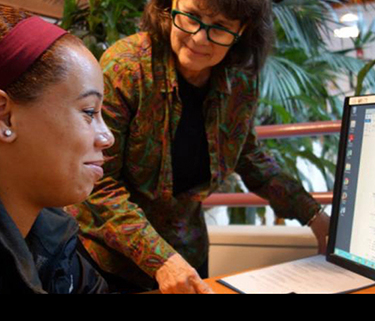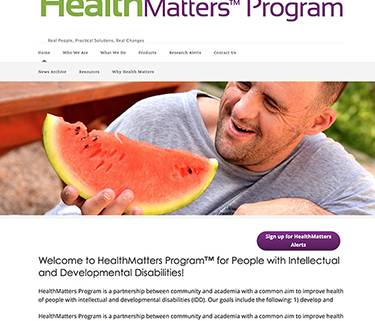The Arc to Host Environmental Risk Reduction Program
Washington, DC – The Arc is pleased to announce that it will host Project TENDR (Targeting Environmental Neuro-Developmental Risks), a collaborative of leading scientists, health professionals and children’s and environmental advocates that works to disseminate scientific information and raise awareness of the risks pregnant women and children face from chemicals and pollutants that harm brain development, and to eliminate disproportionate exposures to children of color and children in low-income communities.
Project TENDR was established in 2014 to address the unacceptably high-risk children in America face for disorders that affect the brain. Widespread exposures to toxic chemicals in our air, water, food, soil, and consumer products can increase children’s risks for cognitive and behavioral impairment, as well as specific disorders such as autism and ADHD. Although these complex disorders have multiple causes—environmental, genetic, and social—the contribution of toxic chemicals to these disorders can be prevented. In its first five years, the project has developed a first-of-its kind scientific consensus statement which received coverage by the New York Times, CNN, NPR and hundreds of other media outlets; sponsored Congressional briefings; facilitated sign-on letters from scientists and health professionals on federal policy issues; and provided scientific evidence to state legislatures.
“The Arc is honored to host this unique initiative as it carries on our tradition of supporting research and advocacy. Every day, we are learning more about the harmful and lasting effects of environmental exposures on developing brains, many of which contribute to intellectual and developmental disabilities. Investigating the causes, avoiding those that are preventable, and limiting negative effects of conditions that cause intellectual and developmental disabilities will contribute to individual and family quality of life. Sadly, we also know that the service system for people with IDD has never adequately met demand so we must do everything we can to prevent the harmful exposures in the environment that contribute to IDD as well as fight for the supports and services needed by people with disabilities to live a full and inclusive life,” said Peter Berns, CEO, The Arc.
Project TENDR is co-directed by Maureen Swanson, The Arc and Dr. Irva Hertz-Picciotto, a professor at the MIND Institute at UC Davis. It is funded by grants from the John Merck Fund, Ceres Trust, Passport Foundation, the Pediatric Epilepsy Research Foundation, and the National Institute of Environmental Health Sciences, and other foundations.
The Arc advocates for and serves people with intellectual and developmental disabilities (IDD), including Down syndrome, autism, Fetal Alcohol Spectrum Disorders, cerebral palsy and other diagnoses. The Arc has a network of over 600 chapters across the country promoting and protecting the human rights of people with IDD and actively supporting their full inclusion and participation in the community throughout their lifetimes and without regard to diagnosis.
Editor’s Note: The Arc is not an acronym; always refer to us as The Arc, not The ARC and never ARC. The Arc should be considered as a title or a phrase.

















